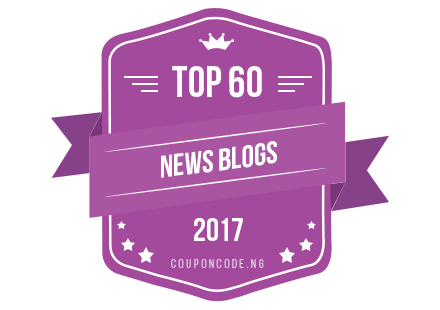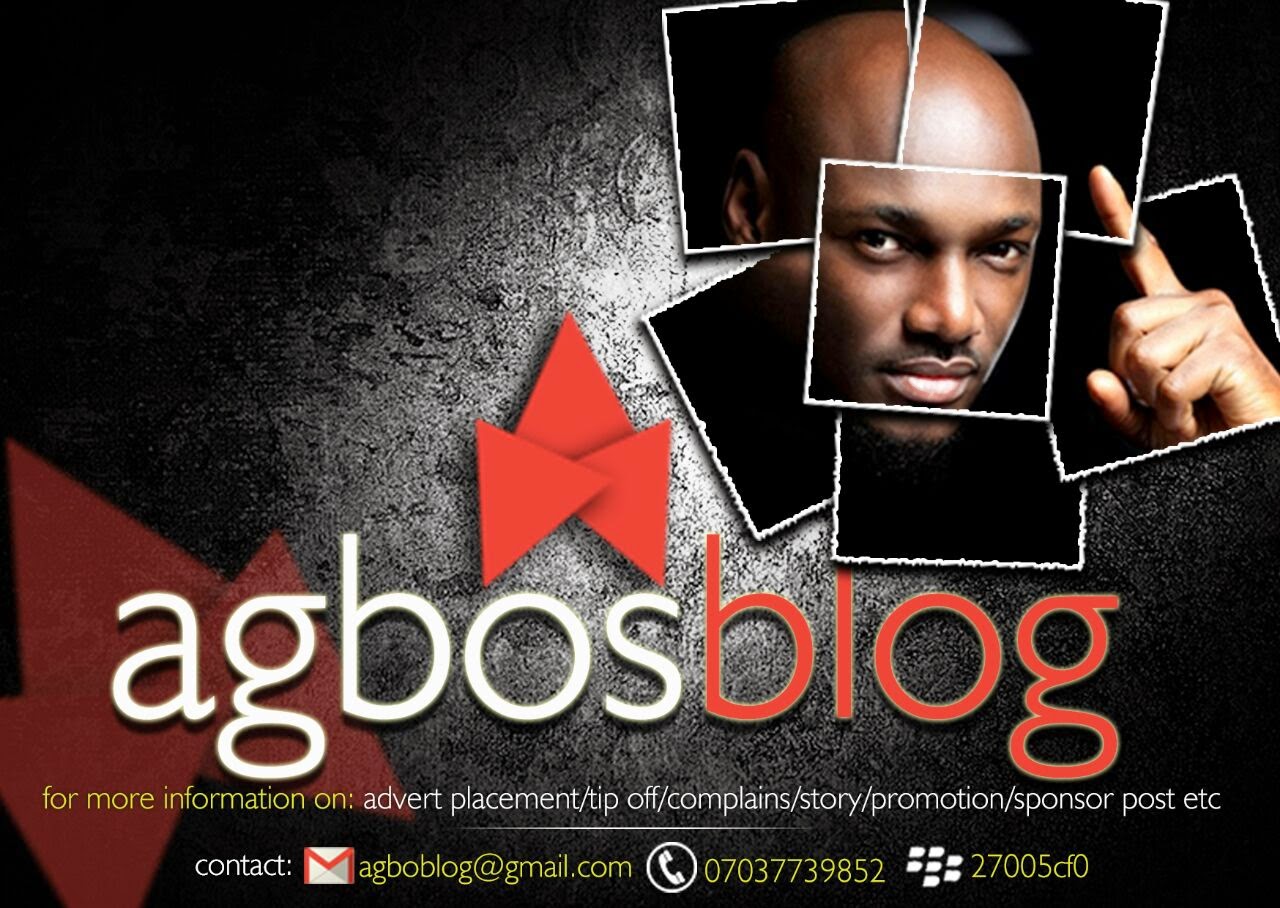Our role in ensuring fraud-free polls, by U.S.
United States (U.S.) Assistant Secretary of State for African Affairs Linda Thomas-Greenfield, in an online briefing with reporters, spoke on the elimination of fraud in polls, Boko Haram and other issues affecting Nigeria. WALE AJETUNMOBI was there.
The U.S.’s role in encouraging electronic voting and elimination of fraud
That’s a great question to start with. As you know, promoting peaceful, transparent and fair elections on the continent of Africa is a high priority for the United States (U.S.) government. So, we have been supporting the efforts of the Independent National Electoral Commission of (INEC) as they move toward electronic electoral cards. We have provided support since 1999 and we will continue to support their efforts. We understand that for this election, they’ve gotten out now about 75 per cent of the electronic voting cards, and we hope that during the next few weeks (they have until March 8) that additional cards will be picked up. In fact, we encourage listeners here to pick up their voting cards. This is going to be a key election for Nigeria. We are watching very closely as the preparations go forward for the election that will take place on March 28, and I look forward to seeing you there.
Is Nigeria making sufficient progress against Boko Haram to safely hold their elections on March 28?
We have been assured by the government of Nigeria and by INEC Chairman Prof Attahiru Jega that the elections will take place on March 28. And we are seeing very active work being done by Nigeria’s security service, working closely with the government of Chad, Cameroon and other neighbours, to fight Boko Haram. We are all watching this election. This election will be a bellwether for the entire continent. The world is watching, the continent is watching, Nigeria’s neighbours are watching this election. And our hope is that the election will be free and fair, that it will be transparent, it will be peaceful, and that the results of the election will reflect the will of the people of Nigeria. I will be in Nigeria on the 27 of March, as an observer for the election on the 28. As you know, Secretary Kerry visited Nigeria a few weeks ago, and again, expressed our concern that there will not be violence. He met with both candidates. He met with President Goodluck Jonathan and Gen. Muhammadu Buhari (rtd), he had a conversation with Chairman Jega, he met with the press, and he made it very, very clear that Nigeria is a strategic partner of the United States, we want to see this election go well, and we want to continue to work with Nigeria in the future.
Boko Haram, African Intervention Force and the Peace-keeping Office
In fact, we worked very, very closely with the African Union (AU) as they moved toward setting up these peace-keeping forces. We were part of their efforts in Somalia, setting up AMISOM, we worked very closely with the African Union as it set up the peace-keeping force in CAR (Central Africa Rpublic), before that turned over to a UN (United Nations) Peacekeeping Force, and we are working closely with the African Union that just approved the Multinational Task Force to support the efforts against Boko Haram, so our efforts are multi-faceted. We work directly with the African Union, we work in supporting bilaterally, countries that are making contributions to peace-keeping forces, we work directly with the UN if it is a UN peace-keeping force. So, we don’t have a single route for supporting these efforts. The point that I want to leave you with is that we do support Africa’s efforts to provide peace-keeping support, and Africa has been a very good and close partner of ours over the past many years.
Military assistance against Boko Haram.
Let me start by expressing my condolences to all of the people in the region who have lost lives, their family members affected by the attacks on them by Boko Haram. We have been working very closely with the government of Nigeria for more than a year, in fact, even longer, in supporting their efforts against Boko Haram, in terms of providing training, in terms of providing equipment, as well as providing information through our programme of information sharing, and we are very actively involved in the information fusion cell that exists in Abuja right now. We are also working closely with the neighbours, and I commend the AU’s decision during the AU Summit to support the Multinational Task Force, and support the countries in the region as they organise themselves to fight against the terror that Boko Haram is posing throughout the region. We have…I have met with your President, met with your Foreign Affairs Minister, and your Minister of Interior, who was here last week. We are, again, providing support to the government of Cameroon. We just delivered, I think, earlier this week, some equipment directly to the military, and we are looking at additional equipment requests that have been made to us by your government, as well as by other governments in the region. We want to support their efforts to end the terror that Boko Haram is committing throughout the region, and we are committed to ensuring that these efforts succeed.
The position of the U.S. on terrorism activities in Africa
Our commitment is categorical. As you know, last week we hosted the Countering Violent Extremism Conference, the White House Conference on Countering Violent Extremism, and we brought together twelve African…thirteen African countries and the AU, along with countries from around the globe, to discuss how we can work together as partners to fight terrorism, not just in Africa, but around the globe. The issue in Africa is one that we are very much taken with. It’s a high priority. We are working very closely with African partners in Somalia to fight against Al Shabaab, we are supporting the efforts of African partners in West Africa to fight Boko Haram, we work closely with partners in Mali and Niger, in Algeria and Mauritania to fight AQIM, and we will continue to put resources toward the efforts of supporting our African friends and partners to ensure that we end terrorism attacks that are having a negative impact on growth, having a negative impact on peace and security, and keeping young people from pursuing the goals that they want to achieve, in terms of education and prosperity on the continent of Africa. Our commitment is a strong commitment, and again, it’s one that we can’t do by ourselves, and African countries can’t do alone. We have to work as partners.
The vision of the U.S. for Africa by 2020
I think our vision is clear. Our vision is the African vision. It is a vision of peace; it is a vision of security; it is a vision of prosperity. And in order to achieve that, we have to continue to pursue good governance; we have to continue to pursue transparency and the end to corruption; and to help build economies in Africa that provide jobs, and provide prosperity for all of the African people. It’s a tough job. It’s the vision we have today. It will not be something that we can accomplish overnight. So, by 2020, I hope that we are able to see this vision start to develop into something that is concrete on the African continent.
Stabilising any instabilities that may occur during the election process
As you know, in 2015 and 2016, there are over a dozen elections on the continent of Africa, and we are working closely with every single country where there are elections to ensure that these elections are peaceful, they are free, they are fair, and they are transparent, and that they represent the will of the people of these countries who are going to the polling stations to vote. The one that is coming up right now in Nigeria, we have provided immense support to the INEC in Nigeria, the Independent National Electoral Commission. As you may know, I spoke to Chairman Jega in Nigeria last week, to encourage him in his efforts to continue to courageously support peaceful elections in Nigeria, and we feel the same about elections elsewhere on the continent. So, we will be there in every country, through our embassies, through our support to political parties, to our support to providing civic education to citizens who may be voting in elections. We will be there in every single case to ensure that everything that we can do, everything within our power, to support peaceful, transparent elections, will be done.
Corruption in Africa
Corruption, as I have said many times, is a cancer all over Africa, and corruption has kept Africa from really moving forward in this century in terms of education, in terms of infrastructure, in terms of growth. And there are a lot of people across the continent who are affected by the tens of billions of dollars that have been stolen from their economies. Following the African Leaders’ Summit last year, or during the Summit, we announced an illicit finance initiative, where we are working with African countries to help them to deal with the issue of corruption. The government of Senegal has agreed to work with us on this effort, and we are also working very closely with the AU. As you know, the AU had a high level commission looking at illicit finance last year, this was led by former South African President Thabo Mbeki, and they have determined that these billions of dollars are really having a negative effect on Africa. So, this is something that we all have to work on, it is something that populations have to work on, it is something that the press has to take strong positions on, but it is important that when people go to the polls to vote, that they also vote against corruption, and they let their politicians know that they do not support the continued corruption of their economies that have led them to the place where the education systems across the continent are no longer providing good education for the people of Africa, that jobs are not being provided. We know that there are some amazing young people on the continent. Through our YALI programme, we had more than 50,000 young people apply for the YALI programme last year, 30,000 this year. We are looking forward to announcing the 500 who will be in the YALI programme, the Mandela Washington Fellowship Programme, and we see the number of young people who are logging onto the YALI website. So, I would disagree that corruption is leading people to be involved in crime. I think it is leading young people to take a stand, and to show leadership, and to be involved so that they can ensure that the next generation on the continent of Africa does not suffer as this generation has.









No comments:
Disclaimer:
*Don't Forget To Drop Your Comments After Reading
*Comments on this blog are NOT posted by Agbo.
*Agbosblog Readers are SOLELY responsible for the comments they post on Agbosblog.com
*Follow On Instagram @agbosblog
*Follow On Twitter @agbosblog
Thank You